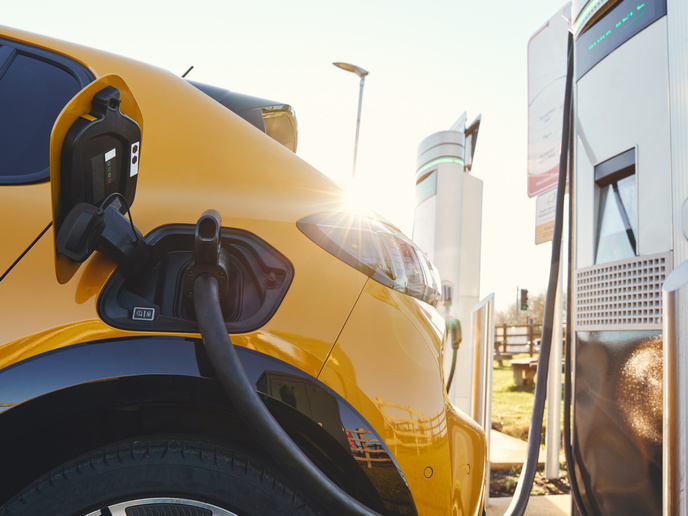Improved power electronics for electric vehicles of the future
The EU-funded SCAPE(opens in new window) project is adopting a standardised, modular and scalable approach to electric vehicle (EV) power converters. Its innovative solution will help lower costs, improve performance and enable advanced functionalities, helping to further the EU’s goal of phasing out the sale of combustion-engine vehicles over the next decade. SCAPE is targeting 97.5 % power conversion efficiency. It also intends to double the power density and halve the cost per kilowatt compared to current standards. These advancements would lead to longer driving ranges, more affordable EVs and a stronger European automotive industry.
Modular and scalable
SCAPE’s novel design approach is based on a modular and scalable system. As senior researcher Alber Filba-Martinez of project coordinator Catalonia Institute for Energy Research, Spain, explains in his article(opens in new window) posted on ‘Innovation News Network’, the cornerstone of this approach is something called the “switching cell”. This is a standardised and compact basic building block that incorporates advanced power semiconductor technology and ancillary circuits. “Multiple switching cells interconnect to form ‘converter legs’, which then combine into complete power converters,” Filba-Martinez explains. This modular approach makes flexible scaling possible, allowing the same technology to be used for different types of EVs, from small city cars to heavy-duty trucks. By taking advantage of scale economies and significantly reducing engineering complexity, the approach could substantially lower manufacturing costs. The project also plans to combine a traction inverter and an on-board charger into a single unit. This should simplify vehicle design and manufacturing, boost powertrain capacity, reduce costs and increase reliability through fault tolerance. SCAPE’s innovation is also based on chip-embedding technology, in which power semiconductor chips are not mounted on the surface of the circuit board, as is the norm, but instead embedded inside the printed circuit board. This approach “substantially reduces stray inductance and enhances thermal management, boosting efficiency and power density,” the researcher notes. SCAPE has already developed a first batch of chip-embedded switching cells. Experimental validations confirm that the technology operates successfully under demanding conditions. Results show a 45 % reduction in thermal resistance between the barrier layer and heat sink, and an 85 % reduction in stray inductance in the power circuit compared to a conventional implementation. “Thus, chip-embedding not only shrinks the converter’s size but also enhances electrical and thermal performance and reliability,” Filba-Martinez states. To monitor the overall health of the system, SCAPE has developed a digital twin of the powertrain – an exact virtual replica of the physical system – that runs in parallel with it. The monitoring system issues predictive maintenance warnings, and redistributes loads between switching cells, converter string and battery modules to maintain operation until maintenance takes place. It also performs online measurements of the battery module’s internal impedance, a parameter directly linked to battery health. By enabling rapid adaptation of the technology across vehicle classes, the project’s design could help create economies of scale within the European market and minimise the EU’s dependence on imported components and expertise. SCAPE (Switching-Cell-Array-based Power Electronics conversion for future electric vehicles) ends in 2026. For more information, please see: SCAPE project website(opens in new window)



